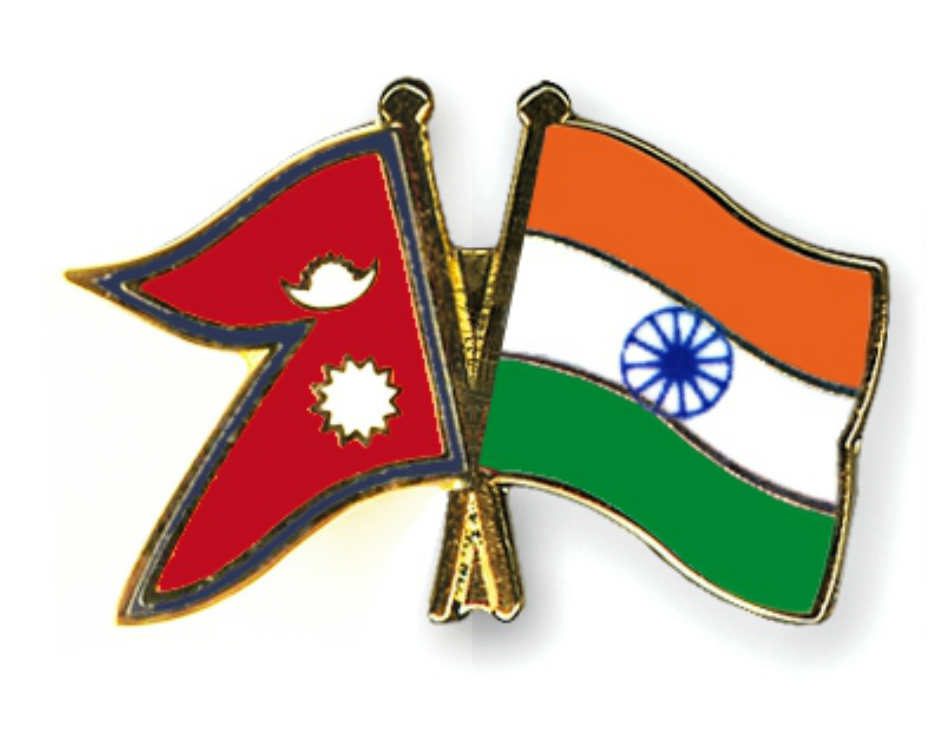Reading Time: 4 minutes
Indo-Nepal relationship received a body blow with the blockade of Nepal, apparently by the Madhesis or people of Indian origin inhabiting the Terai region of Nepal. During the four-and-a-half month long blockade, Nepal’s economy came to the brink of collapse. Being a land-locked country, Nepal depends entirely on imports through India. It was an open secret that the blockade had the full support of New Delhi. A report, for Different Truths.
Nepal Prime Minister Khadga Prasad Sharma Oli came to New Delhi on a three-day visit last week. The tone of the talks he had with the Indian side was set by Oli himself. Three days before he left for Delhi, Oli told the Nepali Parliament that he would not sign any agreement with India at the cost of Nepal’s pride and prestige and national interest. Also, that he would not sign any new agreements but urge the implementation of the ongoing projects.
Oli emphasised that Nepal’s relations with its neighbours would be based on “mutual benefit, mutual respect, equality and not interference” in one another’s internal affairs. This conveyed a clear message to India: treat us as equals, respect our sovereignty and do not meddle in our domestic affairs. He wanted a “dependable relationship with India without mistrust.”
Indo-Nepal relationship received a body blow with the blockade of Nepal, apparently by the Madhesis or people of Indian origin inhabiting the Terai region of Nepal. The blockade started on September 23, 2015, and ended on February 8, 2016. During the four-and-a-half month long blockade, Nepal’s economy came to the brink of collapse. Being a land-locked country, Nepal depends entirely on imports through India. Though the Madhesis started the blockade, demanding more rights for themselves under the new Nepal constitution, it was an open secret that the blockade had the full support of New Delhi.
The blockade destroyed for good Nepal’s trust in India as a ‘dependable’ friend. If New Delhi wanted to put pressure on Nepal, it had the opposite effect. Nepal moved closer to China. Among other things, Nepal signed a trade and transit agreement with China under which China would build a railway line from Shigatse in Tibet to Kathmandu. The line, once commissioned, will open up an alternative route of supply and reduce the Himalayan country’s total dependence on India.
By the time the mandarins in the South Block woke up to the reality, it was too late. When Oli became Prime Minister of Nepal for the second time in February this year, the first foreign head of government he invited was Pakistan Prime Minister Shahid Khaqan Abbasi. It was Oli’s way of giving India a clear message that he didn’t care what New Delhi thought of him.
In 2016, the SAARC summit scheduled to be held in Pakistan had to be cancelled because India refused to participate if the venue was to be Pakistan. Several other countries supported India. During his Nepal visit, Abbasi is believed to have explored the possibility of holding an early SAARC summit in Pakistan.
India has now taken several corrective measures to improve Indo-Nepal ties. New Delhi is reportedly ‘thinking’ of allowing Nepal to import arms from other countries. So long India has been the sole supplier of arms to Nepal and treated this as its non-negotiable prerogative. This may change now.
India has also offered Nepal the construction of two railway lines from Jayanagar to Janakpur Kurtha and from Jogbani to Biratnagar Customs Yard. The preparatory survey will be completed this year. Under Phase II of the project, there will be a rail link from Jayanagar to Bardibas via Bijalipara and another from Jogbani to Biratnagar. This will get top priority. India will bear the major share of the cost.
If Prime Minister Modi’s slogan is “Sabka Saath SabkaVikas”, Oli’s slogan is “Samriddha Nepal Sukhi Nepali”. He wants rapid economic development. To accelerate this, he invited Indian businessmen and industrialists to invest in Nepal at a meeting of India-Nepal Business Forum. An official of the Investment Board of Nepal spelled out the incentives Nepal can offer to Indian investors.
Chinese influence and investments in Nepal have grown phenomenally. According to a Nepal Energy Forum release, “China has overtaken . . . India in foreign direct investment (FDI) in Nepal with decades of Indian dominance in investment coming to an end.” Chinese investment in Nepal is more than three times the Indian investment in the first ten months of the current fiscal year.
Today, Chinese investment in 108 projects in Nepal is to the tune of Rs. 29.80 billion, against an Indian investment of Rs. 8.22 billion in 18 projects in India. Chinese investment is rising rapidly, leaving India far behind. Chinese investment accounts for nearly 60 percent of all foreign investments in Nepal.
China is also giving financial assistance to the Nepali army. In May last year, when Chinese Defence Minister Gen. Chang Wangquan visited Nepal, he announced a military assistance of Rs. 3.04 billion for strengthening the Nepali army.
Nepal will be the litmus test of India’s foreign policy. Pakistan has been an enemy since its birth. China has been able to edge out India from Sri Lanka, Maldives and Seychelles. These countries have certainly moved away from India and closer to China. If China is able to edge out India from Nepal also, then India’s foreign policy establishment will have to think seriously where things have gone grievously wrong and why. Self-adulation should give place to cool and dispassionate thinking on foreign policy. The hard reality is that India cannot now take any of its neighbours for granted. China is breathing down its neck. Future relations with all our neighbours will have to be based on the rock bed of equality.
Barun Das Gupta
©IPA Service
Photo from the Internet















